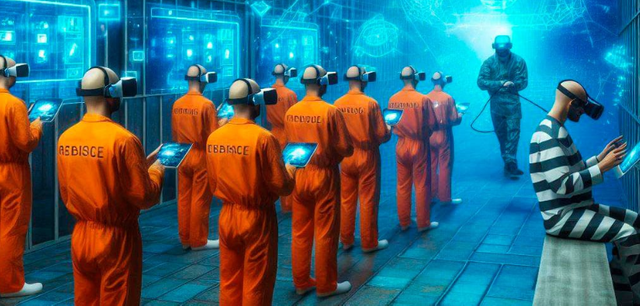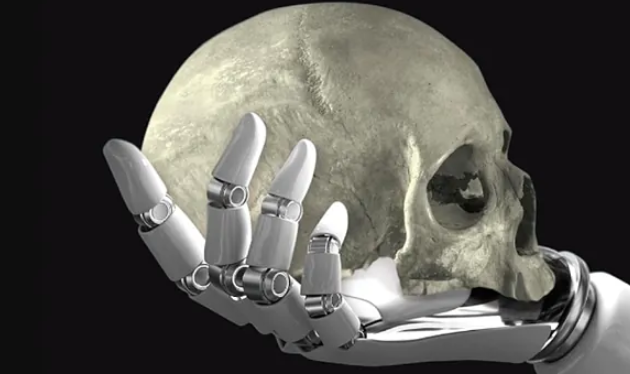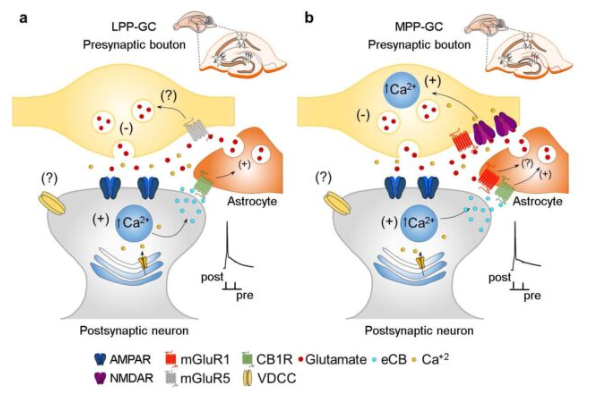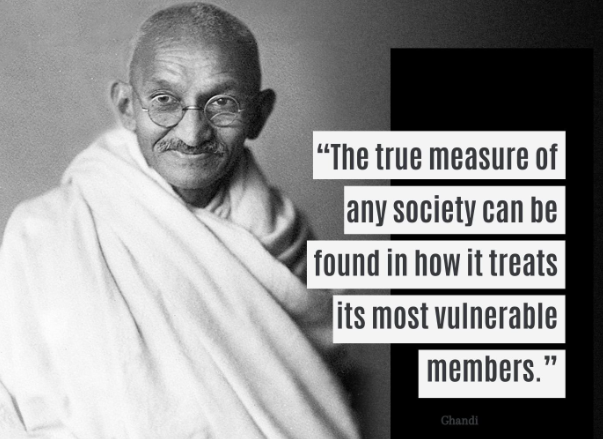The Ethics of Memories: Can Technology Rehabilitate Criminals?

Cognify: The Prison of the Future
A Revolutionary Concept
The traditional view of prison has focused on punishment and confinement. However, with advances in science and technology, concepts like Cognify, presented by molecular biologist and filmmaker Hashem Al-Ghaili, are challenging this notion. Imagining a penal system where walls and bars are replaced by advanced technology that allows inmates to choose their path to rehabilitation is a step towards a future that, although it may seem like science fiction, is increasingly becoming a reality.
Cognify proposes that offenders could opt to be freed from the burden of years in prison through the implantation of artificial memories. This not only promises to change the way punishment is perceived but also opens a debate about the nature of memory, identity, and justice.
.png)
The Cognify Proposal
The concept of Cognify proposes that, instead of serving long sentences, inmates could receive a "treatment" involving the creation of artificial memories. These memories would be designed using artificial intelligence and personalized according to the type of crime and the specific needs of the individual. For example, a criminal who has committed a violent crime could receive memories that help them understand the consequences of their actions and develop empathy towards their victims.
Dr. David Brown, a criminologist and expert in rehabilitation, argues that "the social reintegration of offenders should be the ultimate goal of any prison system." However, the possibility of substituting prison time with artificial memories raises questions about the effectiveness of this approach. Can an implanted memory truly change a person's behavior?

Ethical and Social Implications
The ethical implications of Cognify are profound and multifaceted. The central dilemma lies in the manipulation of memory. As technology advances, the possibility of editing or erasing memories raises the issue of personal autonomy. If an inmate can "choose" to erase their criminal past, are they truly confronting the reality of their actions?
Martha Nussbaum, philosopher and advocate for the ethics of emotions, warns that "the ability to choose between memories and the manipulation of identity can strip individuals of their essential humanity." The notion that offenders could choose to forget their past through technology could lead to a justice system that prioritizes efficiency over accountability.
Additionally, there is concern about the potential for abuse of this technology. Who would decide which memories are appropriate to implant? And how would the rights of inmates be protected in this process? These are critical questions that must be addressed before the technology is implemented in the prison system.

Demolition Man: A Glimpse into Futuristic Fiction
The movie Demolition Man, starring Sylvester Stallone and Wesley Snipes, offers a fascinating look at a future where crime has been nearly eradicated through an unusual system of punishment. In the film, criminals are cryogenically frozen instead of incarcerated, and rehabilitation is achieved through a form of psychological conditioning that allows them to forget their violent pasts.
Comparison:
Mind Manipulation Technology: Both Cognify and the rehabilitation technique in Demolition Man rely on mind and memory manipulation. In the movie, characters are reprogrammed to fit into a world that has evolved toward peace, while Cognify proposes creating artificial memories that facilitate social reintegration.
Justice System: In Demolition Man, society has gone so far in its quest to eliminate crime that it has lost sight of traditional justice, prioritizing peace over accountability. In contrast, Cognify faces a similar dilemma but proposes allowing offenders to choose their path to rehabilitation, suggesting a level of agency absent in the movie.
Consequences of Rehabilitation: While in Demolition Man criminals are stripped of their identity and forced to adapt to a new world, Cognify envisions a more personalized and adaptable approach, enabling inmates to explore their memories and confront their mistakes in a context that could be more humane.

Technology as a Rehabilitation Tool
Despite ethical concerns, the potential of technology as a rehabilitation tool cannot be ignored. Neuroplasticity—the brain's ability to reorganize and adapt—suggests that learning and behavioral change are possible, even for individuals with criminal backgrounds. This opens the door to using advanced technologies to create personalized rehabilitation programs.
A study by Oxford University indicates that neuroscience-based interventions can be effective in offender rehabilitation. This includes the use of cognitive-behavioral therapy, which has proven successful in reducing criminal recidivism. Combining these therapies with technologies like Cognify could offer a viable path to addressing criminal behavior.

A Necessary Debate on Justice
The future of Cognify not only represents an evolution in the prison system but also invites a necessary debate on the nature of justice in modern society. The question that arises is: What kind of justice do we want? A system that punishes offenders inhumanely or one that seeks reintegration and learning?
Advocates for prison reform argue that the current approach is ineffective and costly. A report by the U.S. Bureau of Justice Statistics indicates that 68% of released offenders are rearrested within three years. This statistic highlights the need to find alternative methods that are more effective in addressing criminal behavior.

Final Reflection
Cognify is more than a futuristic concept; it reflects the potential directions our justice system could take. While it offers a possible solution to complex issues like prison overcrowding and the lack of effective rehabilitation programs, it also raises crucial questions about ethics and humanity.
As we move toward a world where biotechnology and artificial intelligence become common tools, it is essential that society reflects on how we want to use these innovations. Are we truly ready to accept a system where memories can be manipulated? The discussion around Cognify and its implications marks only the beginning of a crucial dialogue about the future of justice and human dignity.
